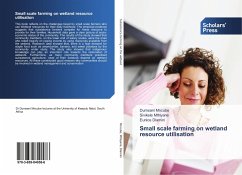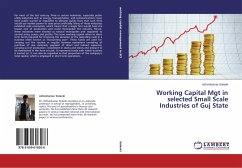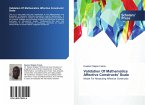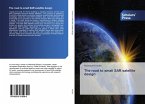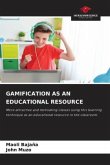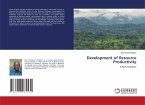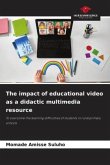This book reflects on the challenges faced by small scale farmers who use Wetland resources for their daily livelihood. The empirical evidence suggests that subsistence farmers compete for these resource to provide for their families. Household data gave a clear picture of socio-economic status of the community. The results of the study showed that community members, on the lower end of salary scales, were the ones who relied heavily on raising income by using resources available from the wetland. Research data showed that, there is a high demand for staple food such as amandumbe, banana, and sweet potatoes by the community under study. The study also showed that indigenous knowledge can play an important role towards the restoration of wetlands. Furthermore, as many community members practiced subsistence agriculture, most of their livestock depend on wetland resources. All these constituded good reasons why communities should be involved in wetland management and conservation
Bitte wählen Sie Ihr Anliegen aus.
Rechnungen
Retourenschein anfordern
Bestellstatus
Storno

